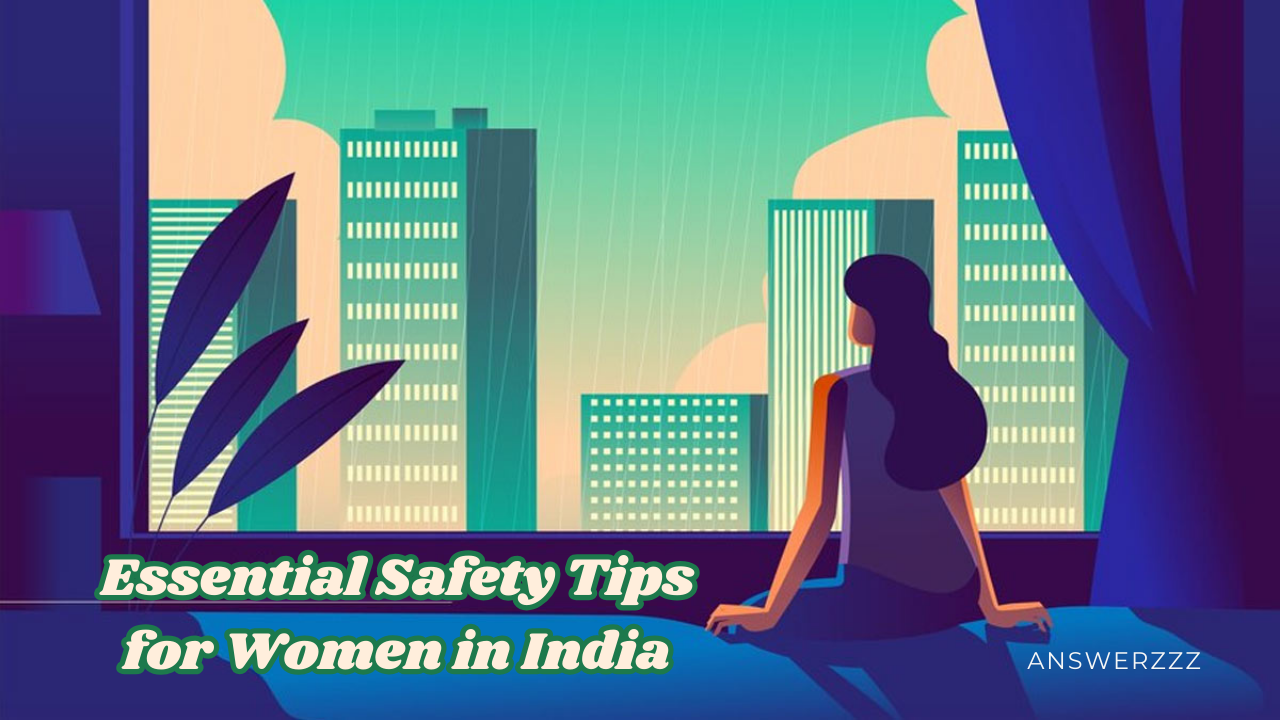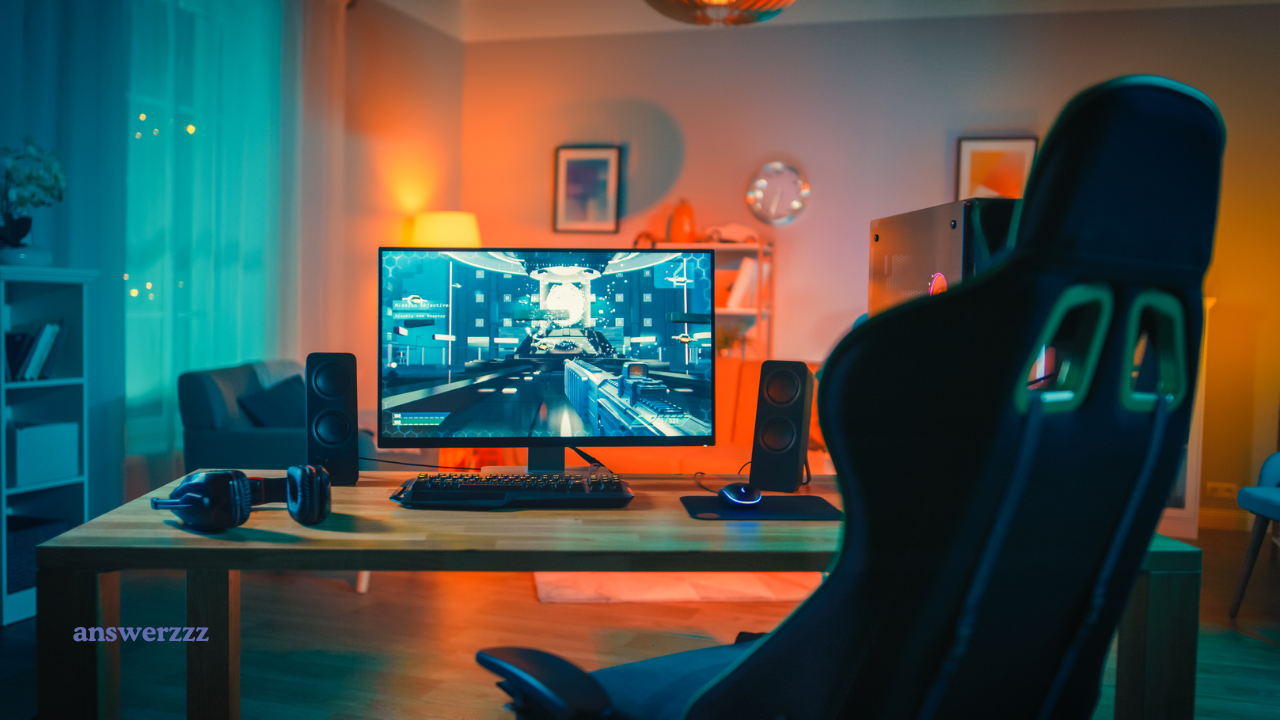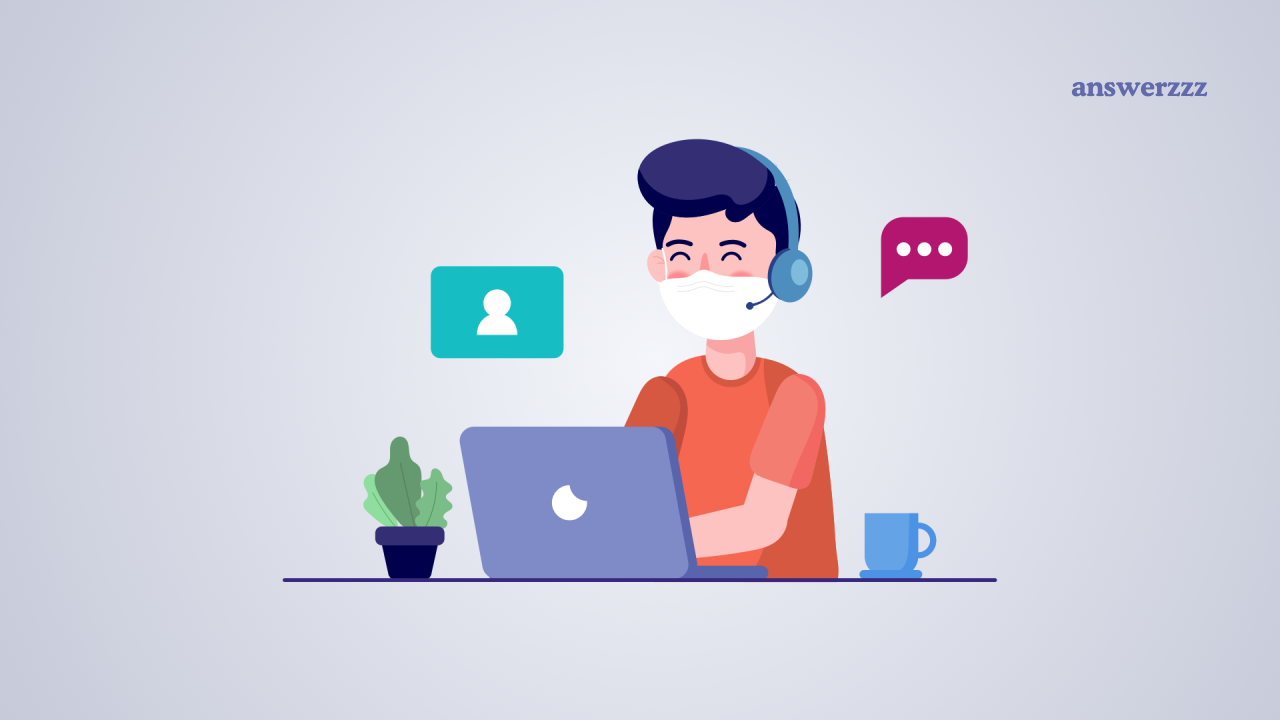In a rapidly evolving society like India, urban environments offer vast opportunities but also pose unique safety challenges for women. Whether navigating bustling city streets, travelling alone, or using public transportation, safety remains a critical concern for women across India. This comprehensive guide provides essential safety tips to empower women and enhance their sense of security in urban settings.
1. Stay Alert and Aware of Your Surroundings

The most crucial aspect of personal safety is awareness. Being vigilant and alert can help you identify potential threats before they escalate. Here’s how to maintain awareness:
- Limit Distractions: Avoid using your phone or listening to music through headphones when walking alone, especially in unfamiliar areas. Distractions can make you an easy target.
- Trust Your Instincts: If something doesn’t feel right, trust your gut. It’s better to be cautious and change your path or seek help than ignore a potentially dangerous situation.
- Observe Your Environment: Take note of landmarks, exits, and public places like shops or cafes where you can seek help if needed.
2. Plan Your Travel Wisely
Travelling within a city can be daunting, especially during late hours. Whether using public transport or travelling by cab, following these tips can help ensure a safer journey:
- Choose Reliable Transport: Opt for reputable cab services like Uber, Ola, or local licensed taxis. Before getting in, verify the driver’s identity and vehicle details with the app’s information.
- Share Your Trip Details: Always share your live location and trip details with a trusted friend or family member, especially if travelling alone at night.
- Avoid Isolated Routes: Stick to well-lit, busy roads and avoid shortcuts or deserted areas, even if they seem convenient.
Beauty and Wellness Hacks for Indian Women: Secrets to Effortless Elegance
3. Utilize Mobile Safety Apps
In the digital age, mobile apps have become an essential tool for enhancing personal safety. Here are some highly recommended safety apps for women in India:
- SOS Alert Apps: Apps like bSafe, My Safetipin, and Himmat (Delhi Police’s app) have SOS features that can instantly alert your emergency contacts of your live location.
- Google Maps: Use Google Maps to share your real-time location with trusted contacts.
- Local Safety Apps: Many Indian states have developed their own women’s safety apps (e.g., Raksha and Shakti). These apps provide quick access to emergency services and local police.
4. Know Self-Defense Techniques
While awareness and caution are vital, knowing basic self-defence can be a game-changer in emergencies. It’s about equipping yourself with the confidence and skills to protect yourself if needed:
- Learn Basic Moves: Enroll in a self-defence class or watch online tutorials to learn basic techniques like palm strikes, kicks, and how to break free from common holds.
- Carry a Self-Defense Tool: Keep pepper spray, a personal alarm, or a small safety device like a kubotan in your bag. Make sure it’s easily accessible.
- Be Loud and Assertive: If confronted, use your voice as a weapon. Shouting or yelling can draw attention and potentially scare off an attacker.
5. Be Cautious in Public Transport

Public transportation is often crowded and chaotic, making it a hotspot for harassment. Here’s how to stay safe:
- Avoid Crowded Areas: If possible, travel during non-peak hours to avoid overcrowded buses and trains. Choose ladies-only compartments when available.
- Stand Near the Driver: On buses, stand or sit near the driver. This area is typically safer and provides better visibility.
- Stay Vigilant on Night Rides: If using public transport at night, try to travel with a companion or sit close to other women. Avoid isolated seats or compartments.
6. Practice Safety When Using ATMs and Banking Services
ATMs can be a risky spot, especially at night or in secluded areas. Follow these tips to minimize risk:
- Use ATMs in Busy Locations: Choose ATMs located in well-lit, busy areas, preferably attached to banks or inside malls.
- Stay Alert While Transacting: Be aware of your surroundings while withdrawing cash. If someone seems suspicious, leave immediately and report it.
- Limit Your Cash Withdrawal: Avoid withdrawing large amounts of cash, and refrain from counting your money in public.
7. Exercise Caution on Social Media
Social media can be a double-edged sword. While it allows you to stay connected, oversharing personal information can compromise your safety:
Empower Yourself: Top Tips Every Indian Woman Should Know for a Smarter Lifestyle
- Limit Location Sharing: Avoid posting your real-time location on social media platforms like Instagram or Facebook.
- Adjust Privacy Settings: Set your social media accounts to private and be selective about who you accept as friends or followers.
- Be Careful with Personal Information: Don’t share sensitive details like your home address, workplace, or daily routine online.
8. Maintain Safe Habits When Going Out at Night
Night outings with friends or colleagues are common in urban environments, but safety should always be a priority:
- Stick Together: When out with friends, make a pact to look out for each other. Avoid splitting up, especially late at night.
- Limit Alcohol Intake: If you’re drinking, be mindful of your alcohol intake. Know your limits and never leave your drink unattended.
- Have a Backup Plan: Keep emergency cash and a backup transportation plan. If you feel unsafe, don’t hesitate to leave and find a safer location.
9. Protect Yourself from Online Harassment

Online safety is as important as physical safety. Cyber harassment can be distressing and may escalate if not addressed promptly:
- Report Harassment Immediately: If you experience online abuse or threats, report the user to the platform and, if necessary, file a complaint with cybercrime authorities.
- Block and Avoid Suspicious Profiles: Block anyone who makes you uncomfortable. Trust your instincts and avoid engaging with unknown profiles.
- Be Discreet with Personal Photos: Be mindful of the photos you share online. Avoid sharing compromising or overly personal images that could be misused.
10. Build a Network of Trust
Having a reliable network of friends, family, and colleagues who know your whereabouts can enhance your safety:
- Share Your Location: Inform a close friend or family member about your plans, especially if you’re meeting someone new or travelling to an unfamiliar place.
- Create a Safety Word: Develop a code word with trusted contacts that you can use to signal distress or danger discreetly.
- Stay Connected: Regularly check in with someone when travelling alone or attending late-night events.
11. Understand Local Emergency Services
Being familiar with local emergency numbers and services can be lifesaving in critical situations:
- Save Emergency Contacts: Store local police, ambulance, and women’s helpline numbers on speed dial. In India, the primary emergency number is 112.
- Know Nearby Police Stations: Be aware of the nearest police station or women’s help desk when in unfamiliar areas.
- Use Emergency Features on Your Phone: Most smartphones have built-in emergency SOS features that can alert contacts to your location.
12. Trust Your Instincts When Meeting New People
Whether it’s a new acquaintance or a business contact, exercise caution when meeting someone for the first time:
- Meet in Public Places: Choose public, well-lit locations for initial meetings. Avoid going to secluded places or someone’s home until you know them well.
- Inform a Friend: Let someone know about your plans, including who you’re meeting and where.
- Set Boundaries: Be firm and assertive if you feel uncomfortable. It’s okay to leave or say no if you feel uneasy.
13. Learn About Women-Specific Services
Many Indian cities offer services tailored specifically for women’s safety:
- Women-Only Transport: Use women-only autos, taxis, or train compartments when available.
- Safe Zone Programs: Some cities have designated safe zones or police-monitored areas where women can seek help.
- Community Helplines: Utilize helplines like the National Commission for Women’s Helpline (1091) or state-specific support services.
14. Take Precautions When Renting Accommodation

Living independently in urban India comes with its own set of challenges:
- Check Security Measures: When renting an apartment, ensure the building has good security measures, like CCTV cameras, a security guard, and a gated entrance.
- Get to Know Your Neighbors: Building a rapport with neighbours can be helpful in emergencies. They can be a part of your safety network.
- Be Wary of Landlord’s Intrusions: If your landlord or maintenance staff visit without notice, assert your privacy and set clear boundaries.
Urban environments in India offer exciting opportunities but require heightened awareness of women’s safety. By staying vigilant, utilizing safety tools, and practising smart habits, women can navigate these spaces with greater confidence and security. Empower yourself with the knowledge and skills to protect your well-being, and remember: your safety is your right.



